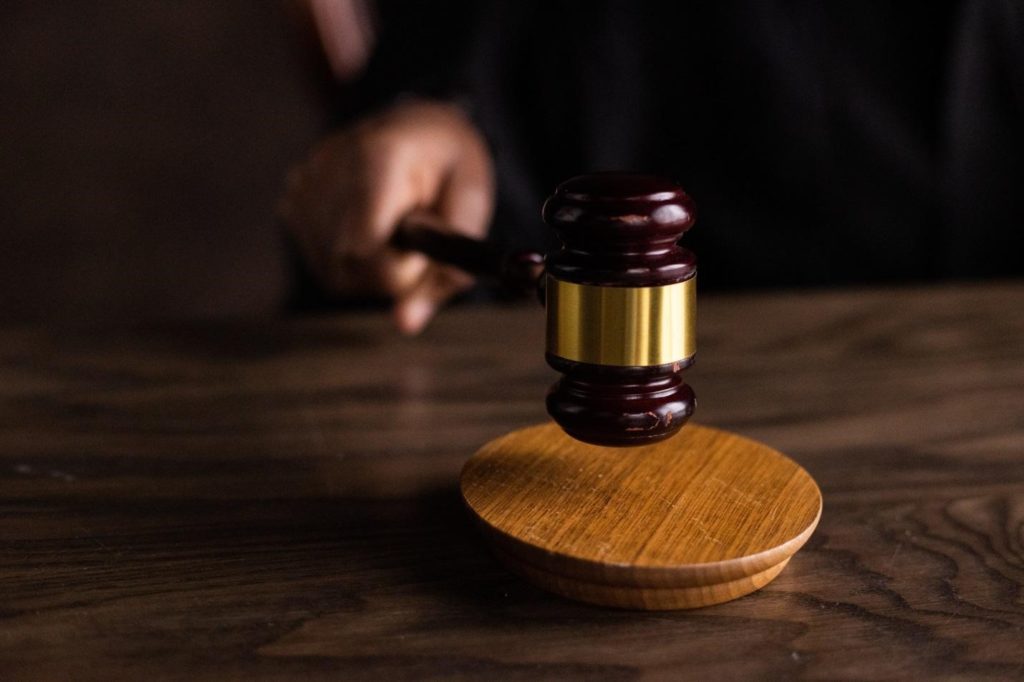In July 2021, Activision Blizzard, the gaming giant behind hit franchises Candy Crush, World of Warcraft, and Call of Duty, was hit with a civil lawsuit in California. The Department of Fair Employment and Housing (DFEH) filed a complaint citing allegations of sexual harassment, gender discrimination, and other potential violations that go against the equal pay laws in the state.
In its suit, DFEH further alleged that Activision promoted a sexist culture where women were paid significantly less than their male counterparts and retaliated against them when they brought up their sexual harassment concerns to company officials.
Before the DFEH suit, the US Equal Employment Opportunity Commission (EEOC) had brought a complaint with similar allegations against the video game publisher. What is the current status of the Activision Blizzard lawsuit? Here’s everything you need to know.
Activision Lawsuit
Female workers likened their experience working at the Gaming company akin to working in a frat house. They alleged that several of their male coworkers would show up to work hungover, and many others would drink while on the clock. The sexual harassment allegations ranged from jokes about rape, derogatory comments about women’s bodies to unwelcome groping by male employees.
The complaint filed by the DFEH was a culmination of a two-year-long investigation to look into the unequal treatment of women at the organization. Women were paid significantly less than their male peers both at the time of hire and over the course of their employment. They were given lower-level positions and were consistently passed over for promotions despite having a heavier workload than their male counterparts.
One of the women stated that her manager passed her up for a promotion because “she might get pregnant,” and her focus would shift from her job to being a mom.
The investigations further revealed that gender-based discrimination was worse for women of color. In the suit, two African-American women reported being micro-managed and singled out when performing their duties at the company. Several women who spoke up about the discrimination were laid off, involuntarily transferred to other locations, or outrightly denied lucrative opportunities.
DFEH later added to its initial complaint, accusing the video game company of evidence suppression during the investigation. It also changed the wording to include contract and contingent workers.
Activision Blizzard Sued
The complaint filed by DFEH isn’t the only lawsuit the video game publisher was facing at the time. Prior to that, the EEOC sued the firm, citing allegations of pregnancy discrimination, sexual harassment, and related retaliation against the female employees who spoke up.
The EEOC lawsuit stated that the federal commission had been investigating the company for three years and that Activision Blizzard failed to take the appropriate preventive and corrective measures despite being fully aware of the complaints raised by the female employees.
Shortly after filing, the gaming giant announced that it had reached a settlement agreement with the EEOC. Activision agreed to establish a fund worth $18 million dedicated to compensating eligible claimants. Any unused funds would be channeled toward charities that promote awareness around gender equality, harassment, company equity, and diversity issues, as well as those geared toward advancing women in the video game industry.
EEOC Lawsuit Settlements

Aside from the recent $18 million deal reached with Activision Blizzard, several other EEOC lawsuit cases have involved unlawful employment-based discrimination. Some have resulted in settlements, while others are still ongoing. Here’s a brief overview of some notable cases.
Stan Koch Trucking
In an October 2020 ruling by the District Court of Minnesota, Koch was found liable for using a strength test that discriminated against female employees and applicants. The court found that candidates and employees who were not hired or were terminated because they failed the strength test were entitled to compensation. The trucking firm was ordered to pay $165,000.
Dollar General
In April 2021, the retail giant paid $50,000 to an assistant manager after she was repeatedly subjected to sexual harassment by her male boss – the store manager for the Rock Hall, MD, branch. When she escalated the issue to Dollar General management, they transferred her to a different store that added an hour to her daily commute. They failed to take disciplinary action against her harasser.
United Parcel Service (UPS)
In December 2018, the UPS reached a settlement agreement with the EEOC to pay $4.9 million in a religious discrimination class-action suit. Employees whose religion went against the company’s appearance and uniform policy were denied supervisory and customer-facing positions for maintaining long hair or beards.
How to File EEOC lawsuit
If you’ve faced discrimination from your employer on the basis of your sex (including sexual orientation, gender identity, and pregnancy), religion, race, color, age, national origin, or disability, you have the right to sue your employer. Before you can file a lawsuit under federal law, you first have to file a charge with the EEOC.
You have a 180-day window from the date the discrimination took place to file a charge. There are several ways to do this:
- Go to the EEOC’s public portal and fill the form provided with the requested information; or
- Visit an EEOC office in person, and a staff member will prepare a charge on your behalf based on the information you provide them with; or
- Get in touch with them via the phone number provided on the website; or
- File a complaint with your local or state Fair Employment Practice Agency; or
- Send a letter by mail detailing the discriminatory actions, where they took place, and what you believe you were discriminated against. Be sure to include your name, address, email address, and phone number, as well as that of your employer. Don’t forget to include your signature.
Once the EEOC concludes its investigation, it will issue you with a Notice of Right to Sue, at which point you’ll have 90 days to file a lawsuit in court. The EEOC lawsuit process can only begin once the investigation closes. If you don’t receive the Notice of Right to Sue in 180 days, you can request it through the public portal.
Do you have any legal questions for us? Chat online with a Laws101 attorney right now.
